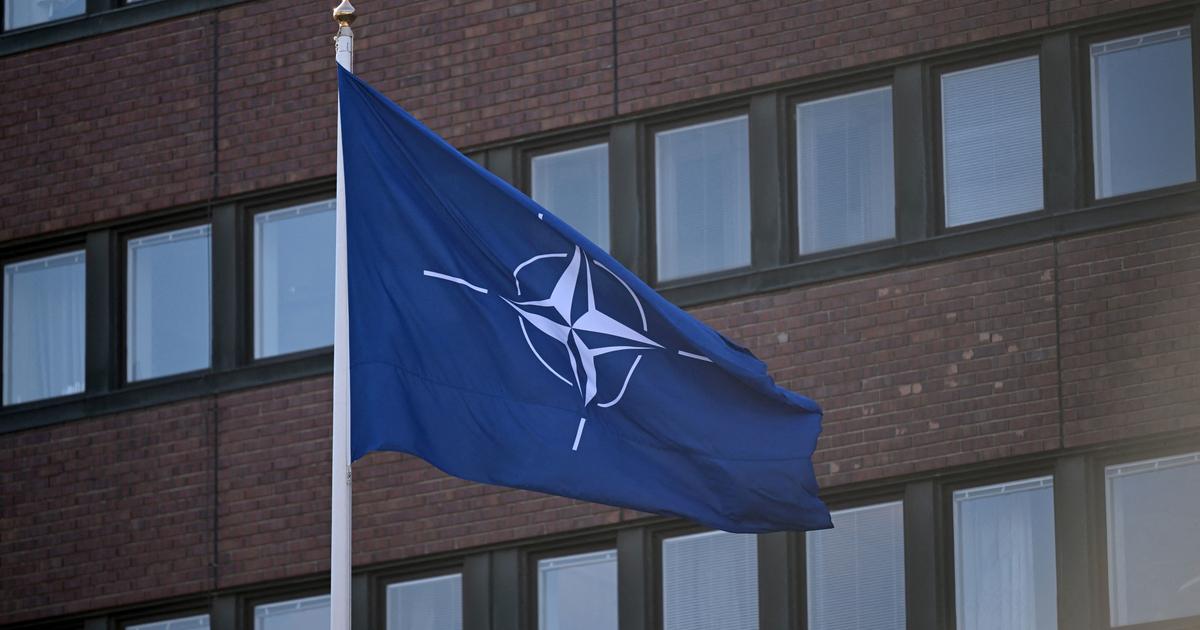The Strategic Concept agreed upon in Madrid by NATO synthesizes, ten years after its last version, the new orientation of transatlantic collective defense.
Vladimir Putin's war against Ukraine has introduced urgency and intensity in a debate that is forced in view of the progress of the world and especially after the appearance of new threats.
The core of the document is the declaration of Russia as a direct threat to the security, peace and stability of the Euro-Atlantic area and that of China as a challenge to the interests, values and also the security of the allies.
With the identification of these two main strategic dangers, a 360-degree approach to security culminates, according to the various types of threats —hybrid, cybernetic, economic…— but also geopolitically.
This is the case of the threats that are rooted in the Asian continent or those that, being European, affect the entire planet, as is the case with the repercussions of the current war on the global economy and trade.
The participation of Japan, Australia, New Zealand and South Korea in the meeting where the expansion of NATO's global impact and its commitment to the Indo-Pacific area has already been outlined makes perfect sense.
The message for Moscow could not be clearer, summed up by President Joe Biden's phrase: Putin wanted a Finnishized Europe and he obtains the NATOization of Europe.
It is quite a setback for Putin, and so is the green light from Turkey to Finland and Sweden, despite the resentments that Recep Tayyip Erdogan's demands regarding terrorism may arouse.
NATO seems to assume the lesser evil of making concessions to dubious allies, or sometimes even evil ones, be it Turkey or Saudi Arabia, in order to confront the greater evil.
However, after closing ranks, promoting new deployments on the eastern flank and confirming the increase in the US military commitment to Europe, a ceasefire is urgently needed as soon as possible.
President Putin can read this NATO summit as a display of strategic and armed force by Europe, but the objective is the defense of Ukraine in search of putting an end to the fire and putting an end to the aftermath of the war in many parts of the world.
The path has been marked by the G-7 summit in Bavaria by incorporating five countries where a quarter of humanity lives —Argentina, India, Indonesia, Senegal and South Africa— affected by the inflationary, energy and food crises.
The reality of the map drawn up by the summit is that of a divided and polarized world, which requires closing ranks in defense of Ukraine and in preventing further Russian aggression.
But the end of hostilities will not be achieved by feeding the embryo of a new cold war, but rather by seeking an opening to the countries that have so far watched from the sidelines the aggression of Putin's Russia against Ukraine, or even from the tacit complicity with the.
The Chinese regime, unlike Putin's dictatorship, offers margins for a negotiation of disagreements and a separation of interdependencies of a strategic nature.
Despite its cruel repression in Xinjiang or the reprehensible suppression of freedoms in Hong Kong, China has not crossed the threshold of the irremediable, like Putin in the Ukraine and especially with the massacres of civilians like in Bucha, devastated cities like Mariupol or the vandalism and genocidal behavior of his army.

/cloudfront-eu-central-1.images.arcpublishing.com/prisa/5POQX5QJMBCWDIJS4X6VOX6A4Y.jpg)











